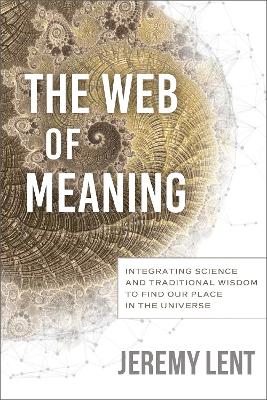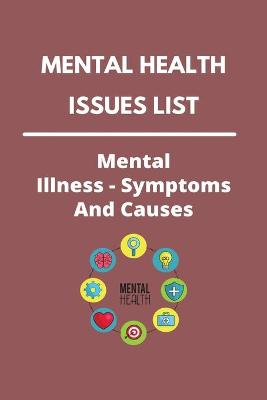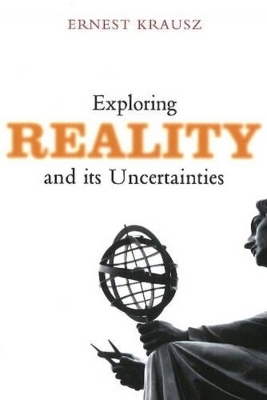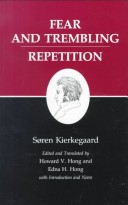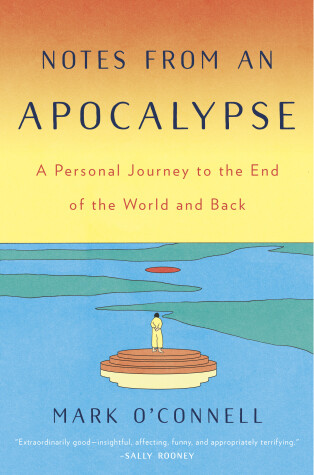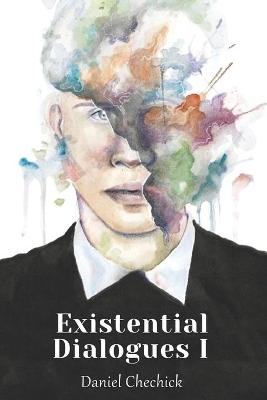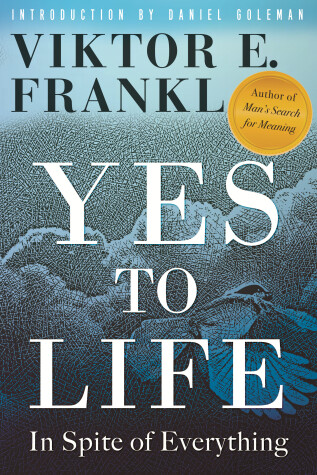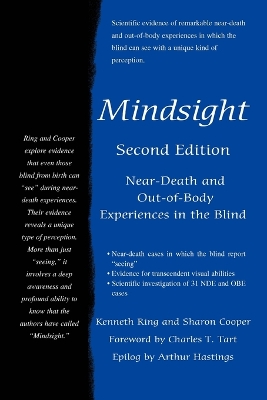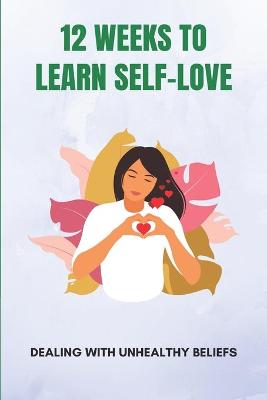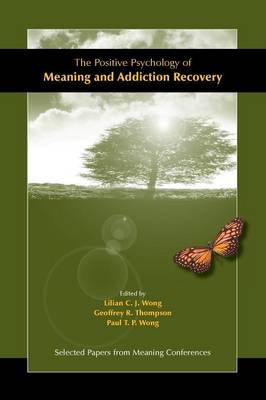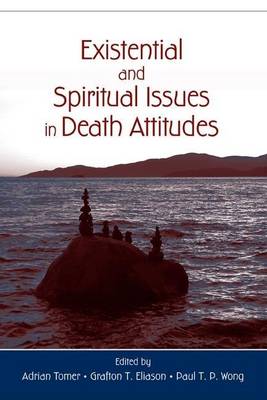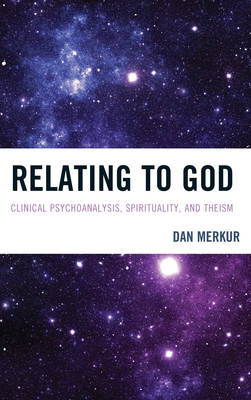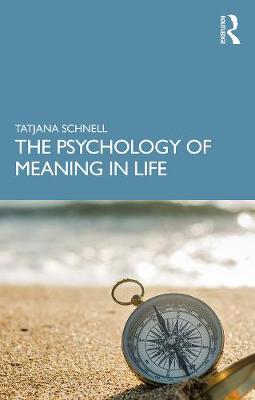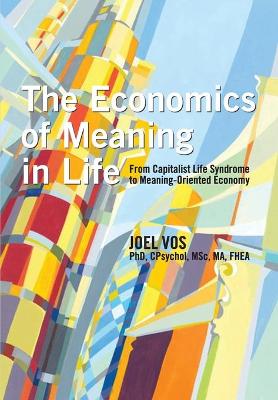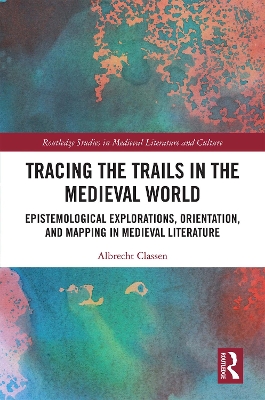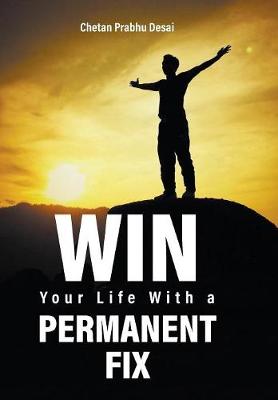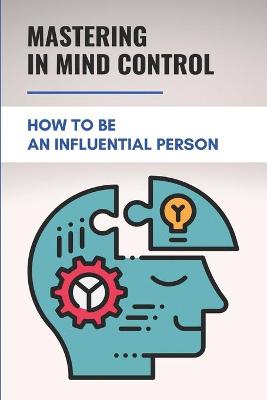The Philosophical Library Existentialism Collection
by Martin Buber, Martin Heidegger, and Jean-Paul Sartre
A comprehensive approach to self-realization, psychosynthesis was developed between 1910 and the 1950s by the Italian psychiatrist Roberto Assagioli. Assagioli like Jung, diverged from Freud in order to develop an understanding of human nature that took account of spiritual dimensions. This book, originally published in 1987, is an exploration of psychosynthesis and the depth of mystical and scientific ideas behind it. It will be of great value to all those interested in personal integration and...
"A profound personal meditation on human existence and a tour-de-force weaving together of historic and contemporary thought on the deepest question of all: why are we here?" — Gabor Maté M.D., author, In the Realm of Hungry Ghosts As our civilization careens toward climate breakdown, ecological destruction, and gaping inequality, people are losing their existential moorings. The dominant worldview of disconnection, which tells us we are split between mind and body, separate from each other, an...
Using the combined tools of science, philosophy and the social sciences, the author sets out to explore the numerous facets of what we understand reality to mean. Close attention is given to the human side, especially to the individual experience of reality as manifested through personality, cognitive power, self-consciousness, and rationalistic and communicative endowments. This micro analysis is contrasted with a macro world view, encompassing our understanding of, and observation of, the oute...
Fear and Trembling (Penguin Pocket Hardbacks) (Penguin Great Ideas)
by Soren Kierkegaard
The infamous and controversial work that made a lasting impression on both modern Protestant theology and existentialist philosophers such as Sartre and Camus Writing under the pseudonym of "Johannes de silentio," Kierkegaard expounds his personal view of religion through a discussion of the scene in Genesis in which Abraham prepares to sacrifice his son Isaac at God's command. Believing Abraham's unreserved obedience to be the essential leap of faith needed to make a full commitment to his rel...
"Harrowing, tender-hearted, and funny as hell" —Jenny Offill “Fascinating…Oddly uplifting” —The Economist "Smart, funny, irreverent, and philosophically rich" —Wall Street Journal By the author of the award-winning To Be a Machine, an absorbing, deeply felt book about our anxious present tense—and coming to grips with the future We're alive in a time of worst-case scenarios: The weather has gone uncanny. Old postwar alliances are crumbling. A pandemic draws our global community to a halt. Eve...
Find hope even in these dark times with this rediscovered masterpiece, a companion to his international bestseller Man’s Search for Meaning. Eleven months after he was liberated from the Nazi concentration camps, Viktor E. Frankl held a series of public lectures in Vienna. The psychiatrist, who would soon become world famous, explained his central thoughts on meaning, resilience, and the importance of embracing life even in the face of great adversity. Published here for the very first time in...
Presents the treatment of death both as a threat to meaning and as an opportunity to create meaning.
This book offers an inspiring exploration of current findings from the psychology of meaning in life, analysing cutting-edge research to propose practical, evidence-based applications. Schnell draws on psychological, philosophical and cognitive perspectives to explore basic concepts of meaning and introduce a multidimensional model of meaning in life. Written in an accessible style, this book covers a range of topics including the distinction between meaning and happiness, the impact of meanin...
Every human being knows that we are walking through life following trails, whether we are aware of them or not. Medieval poets, from the anonymous composer of Beowulf to Marie de France, Hartmann von Aue, Gottfried von Strassburg, and Guillaume de Lorris to Petrarch and Heinrich Kaufringer, predicated their works on the notion of the trail and elaborated on its epistemological function. We can grasp here an essential concept that determines much of medieval and early modern European literature a...


